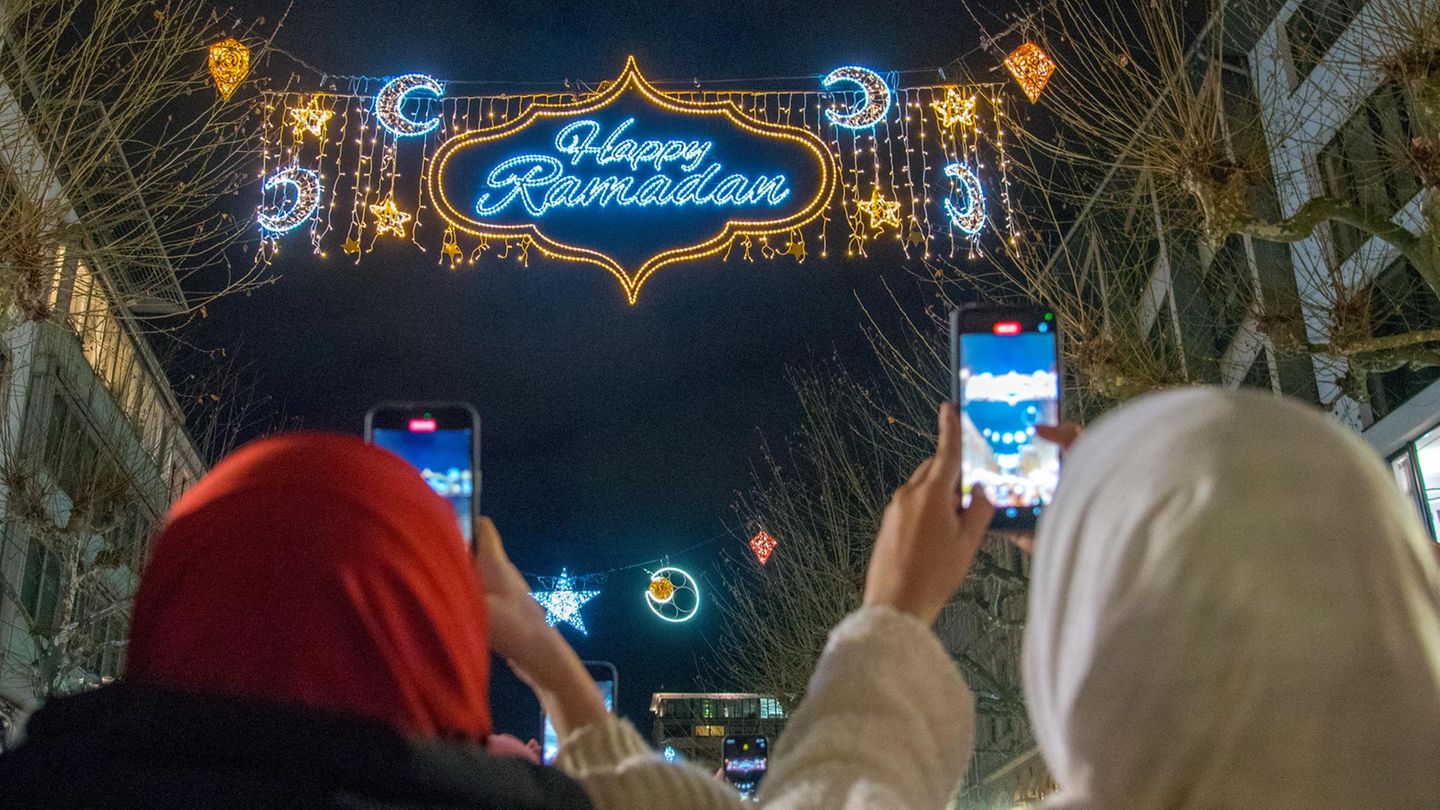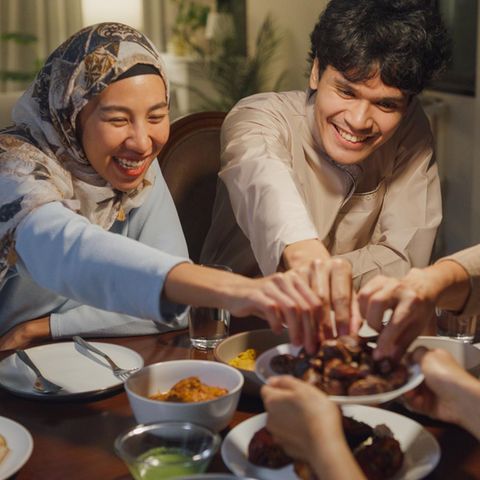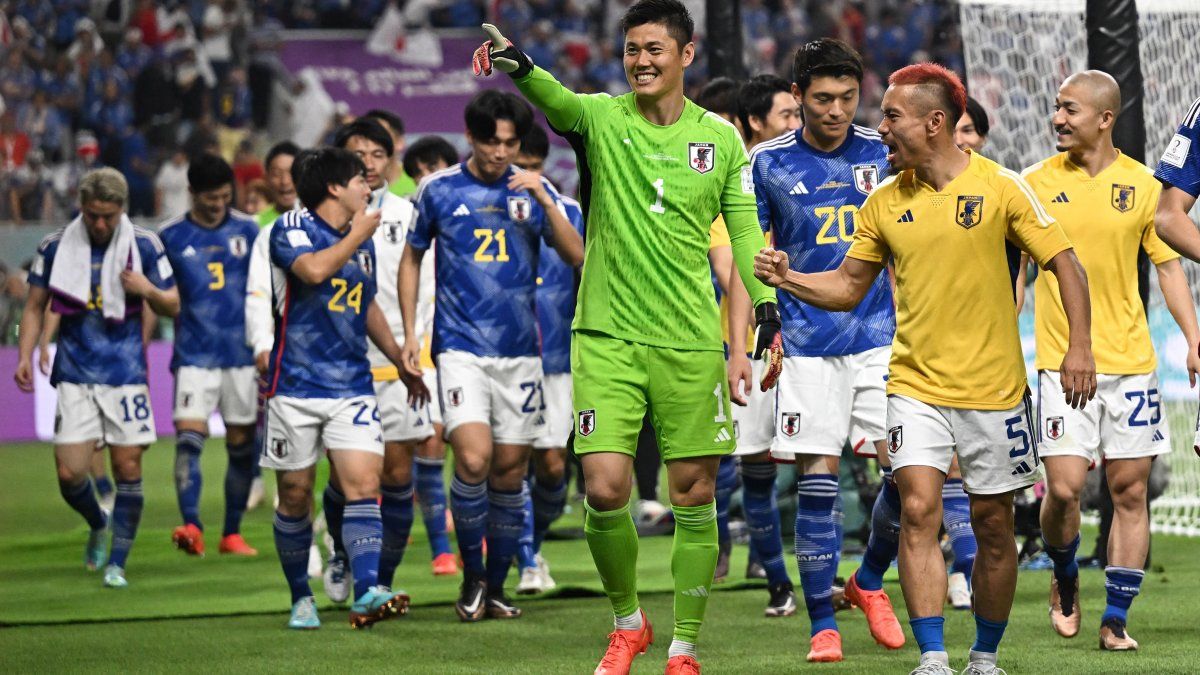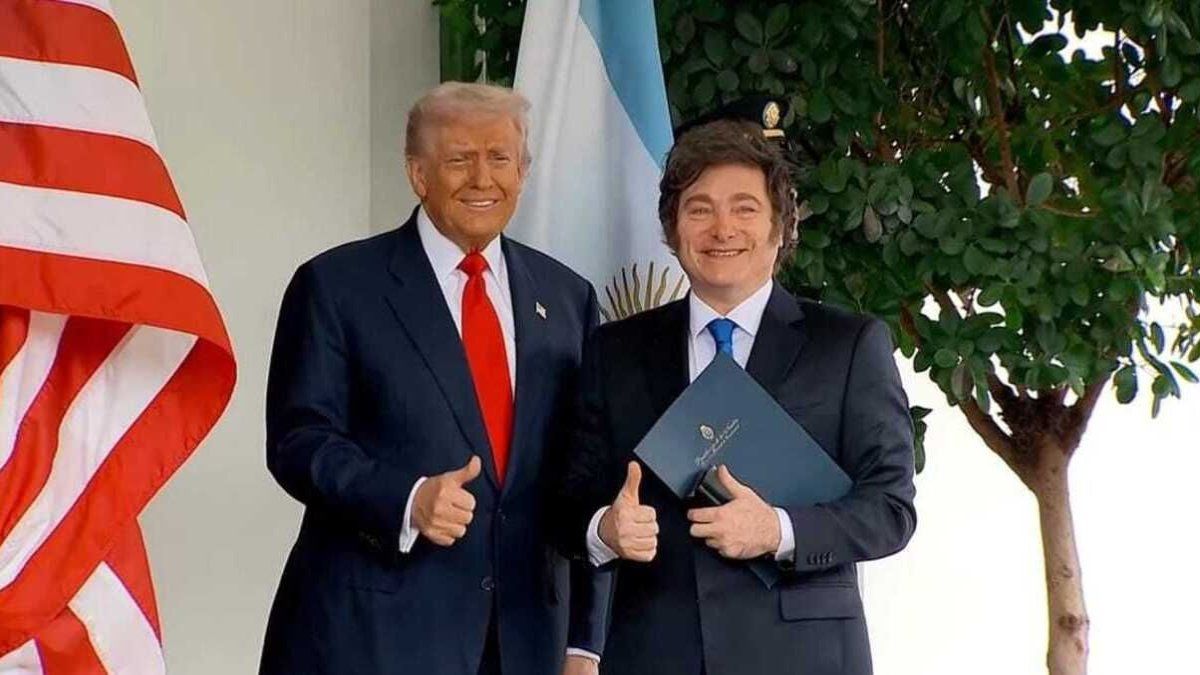Opinion
Two free days for Muslims: Equality can be so unspectacular
A guest contribution by Asif Malik
Copy the current link
Add to the memorial list
Equality or submission gesture? Two free days for Muslims in Schleswig-Holstein cause debates. This shows how deep the trenches are, says our guest author.
Two days a year, nothing more. But the political reactions sound as if the republic faced a coup. The Islam critic Susanne Schröter explained at Welt TV that Muslims already meant a “imbalance” on Christian holidays and additional days off. On she put down: “This is not acceptable.” AfD MP Martin Hess even saw a “submission gesture” compared to Islam and an “Islamization” by the CDU-led state government.
The author
Asif Malik is a graduate in business administration and MBA. In Hamburg, as an entrepreneur, he runs a real estate agent office and a personnel consultancy. He has been volunteering for 20 years in the interreligious dialogue and is a co -initiator of numerous integrative projects
Words that darken the sober core of the process: Schleswig-Holstein has agreed with the Association of Islamic Cultural Centers (VIKZ) that Muslim employees, civil servants and students can in future be released on the first day of the Ramadan Festival and the sacrificial festival. No bonus vacation, no new holidays – only the legal protection of a practice that has long since applied in many places.
This discrepancy between reality and interpretation makes the debate so revealing. An administrative act for equality is inflated to the basic cultural policy battle. State Education Minister Dorit Stenke (CDU) spoke when signing the contract: “People of Muslim faith are part of our society. We seal that with this contract.”
Agreement in Schleswig-Holstein is not aimed at special rights, but on equality
As soon as this was said, the familiar counter -pattern sounded: visible Muslim life is immediately considered a special right. The case is the other way around: Christian holidays are guaranteed by the state, so far not Muslim. Anyone who talks about imbalance confuses majority protection with parity.
But the contract is more than symbolism. It also includes the educational work of Muslim communities. The VIKZ is given the opportunity to operate its own educational and cultural institutions, to train and to bid in long-term Islamic religious instruction- under the same conditions as other religious communities: enough students, qualified teachers, state framework conditions. The focus is on this: Not two days off are the actual turning point, but institutional equality. What churches have been practicing for centuries is now legally enabled Muslims.
Schröter’s criticism that the contract was concluded with a “very conservative” association indicates a real challenge, but does not apply the point that Schröter and others see. The state is looking for reliable, organized partners. Liberal or secular initiatives are usually too small to act as a contact person. Thus, the voice of the Muslim community is institutionally shaped by those who have the organizational power. But the consequence cannot be to refuse contracts. It must be: more plurality, more representation, no less recognition.
The excitement also reveals something about our handling of public holidays. We treat them almost exclusively as an acquis – as a plus in free time. They could also be understood as a resource for solidarity. A model of mutual representation would be conceivable: Muslims Take services at Christmas or Easter, non -Muslims to Ramadan or sacrificial festival. No more vacation, but more of fairness. Holidays are losing their character as identity markers and would become social negotiating spaces.
This is exactly the real punch line. Schleswig-Holstein Didn’t create any special status, but normality. The contract is anchored rights that have long been practice. It opens up perspectives for education, religious instruction, institutional recognition. And he forces us to think about the meaning of public holidays: Are you boundaries between groups – or bridges between them?
The violence of the reactions shows that we do not yet want to answer this question. Christmas, RamadanEaster – they are not against each other. They only develop their strength when they also mean something to the others. Schleswig-Holstein has now attempted. The actual provocation thus lies in the sobriety of this approach, in the fact that equality can be so unspectacular.
RW
Source: Stern
I have been working in the news industry for over 6 years, first as a reporter and now as an editor. I have covered politics extensively, and my work has appeared in major newspapers and online news outlets around the world. In addition to my writing, I also contribute regularly to 24 Hours World.





